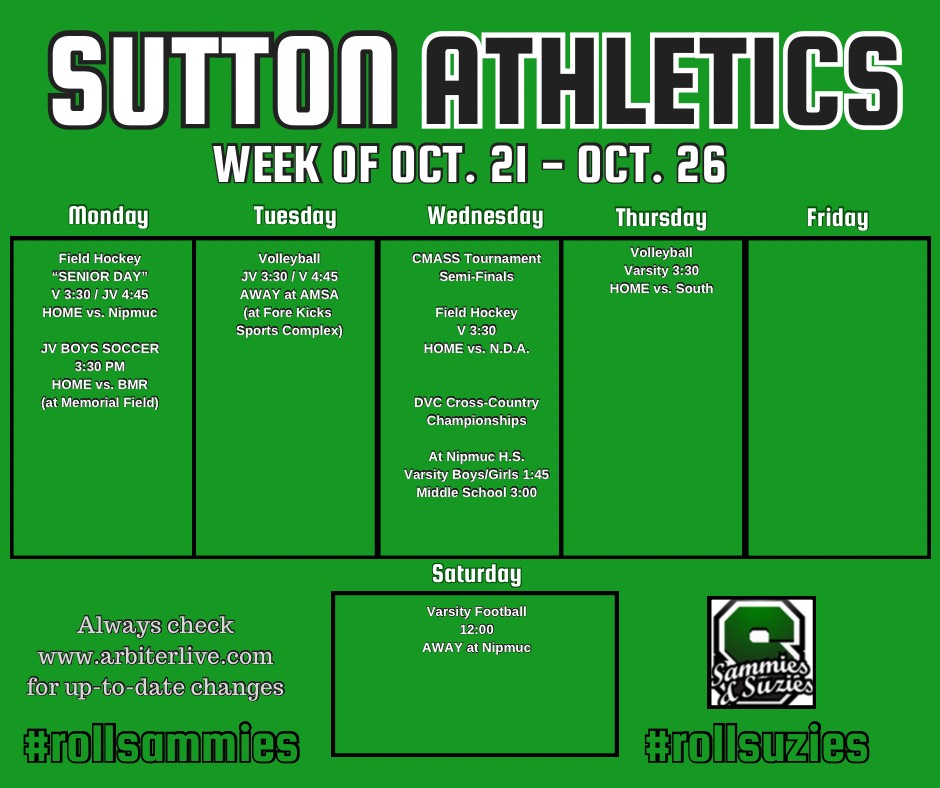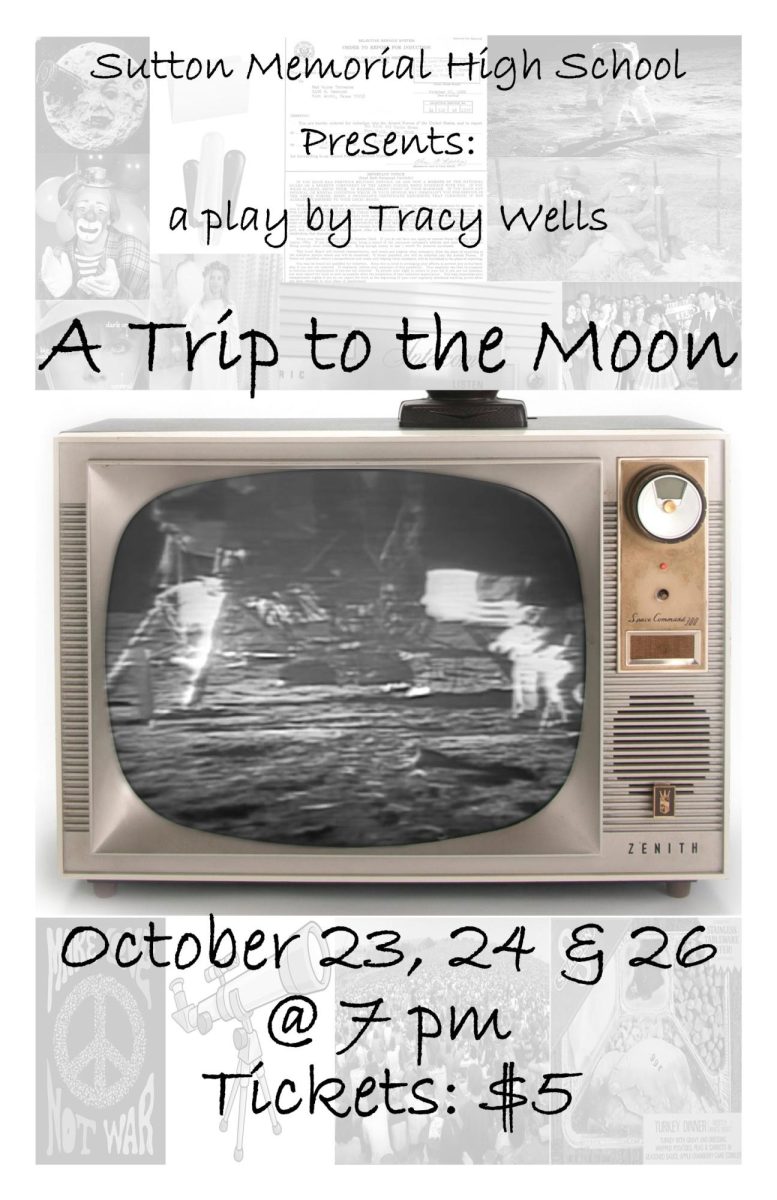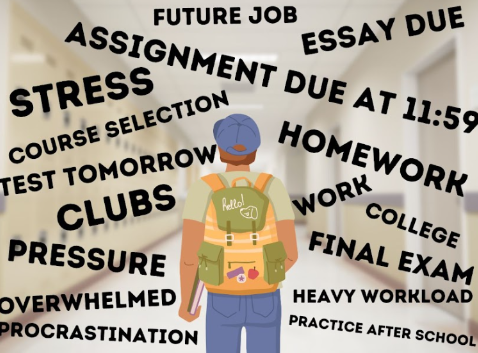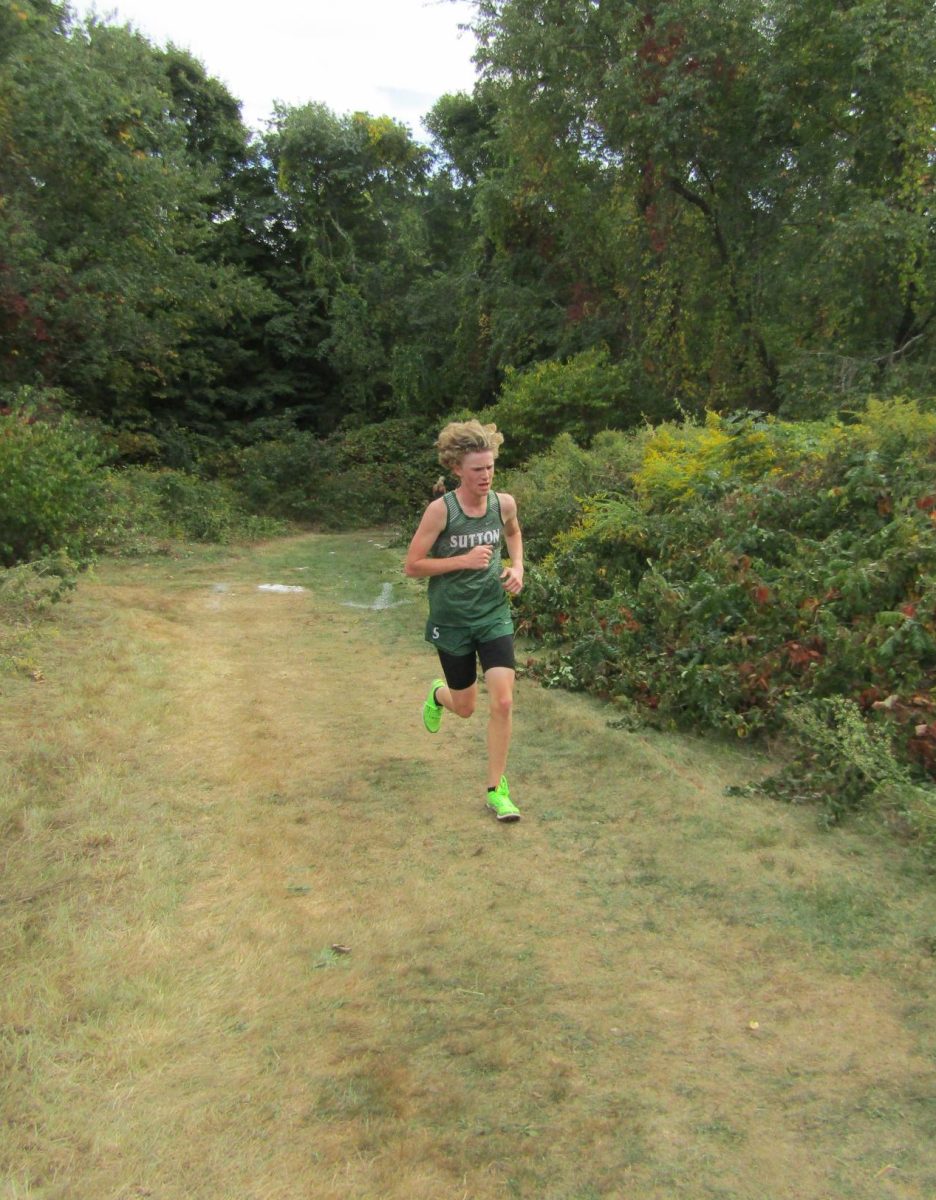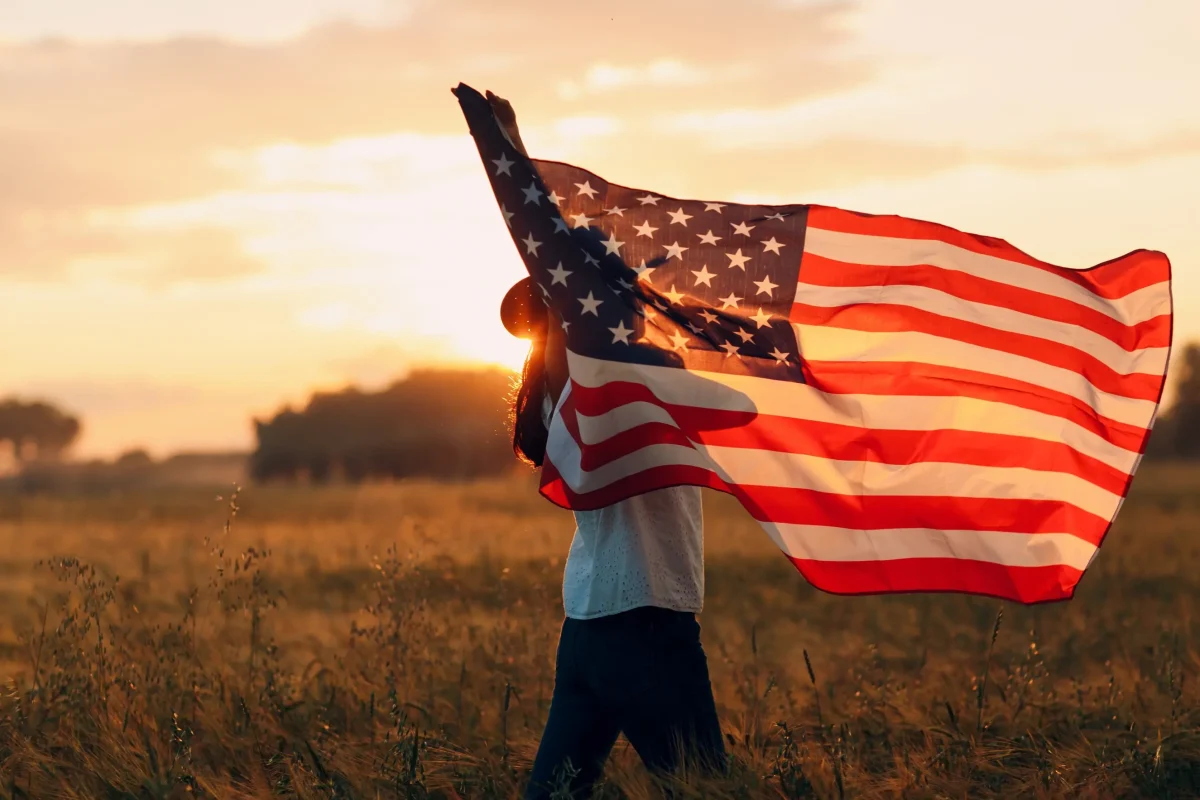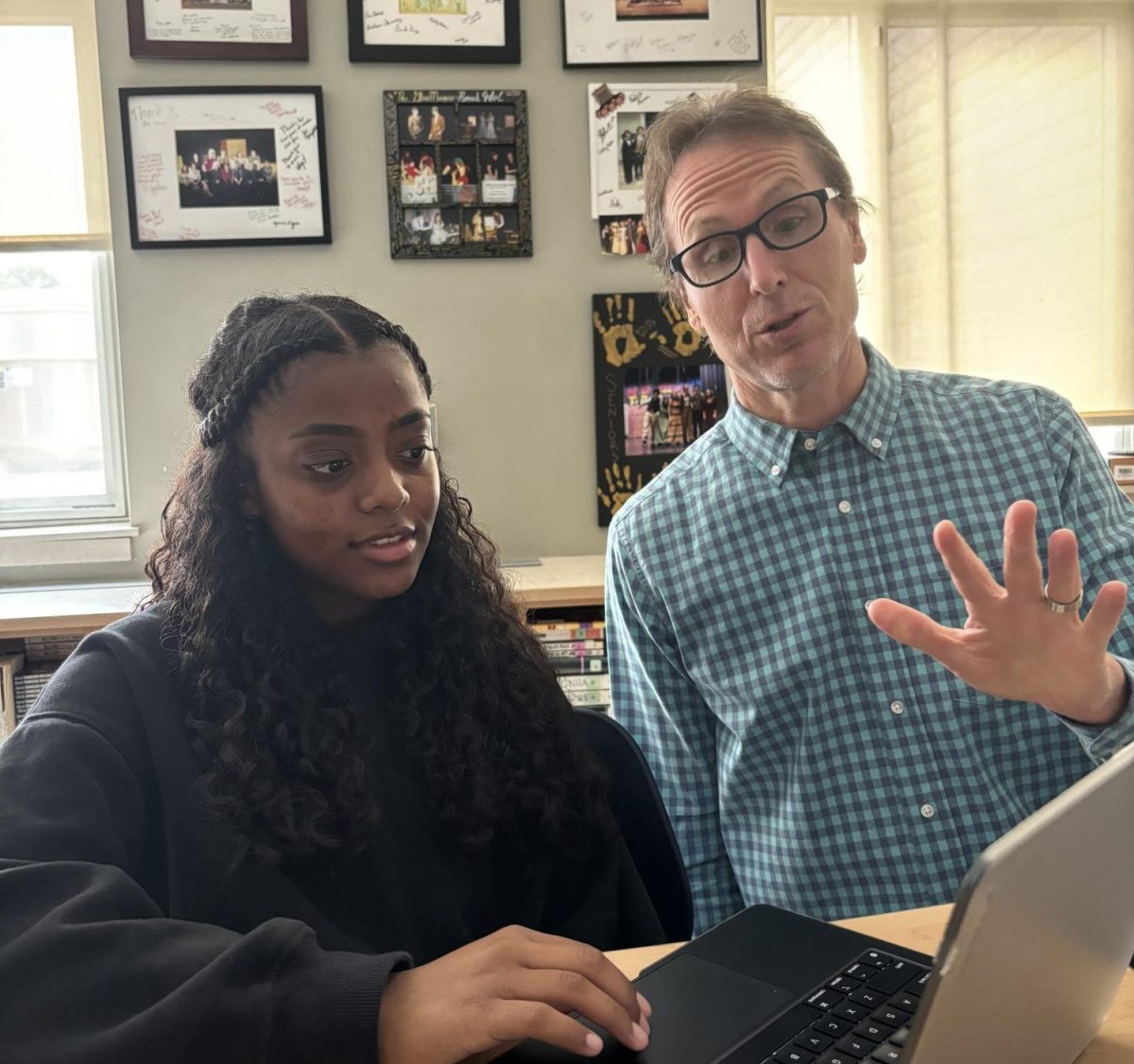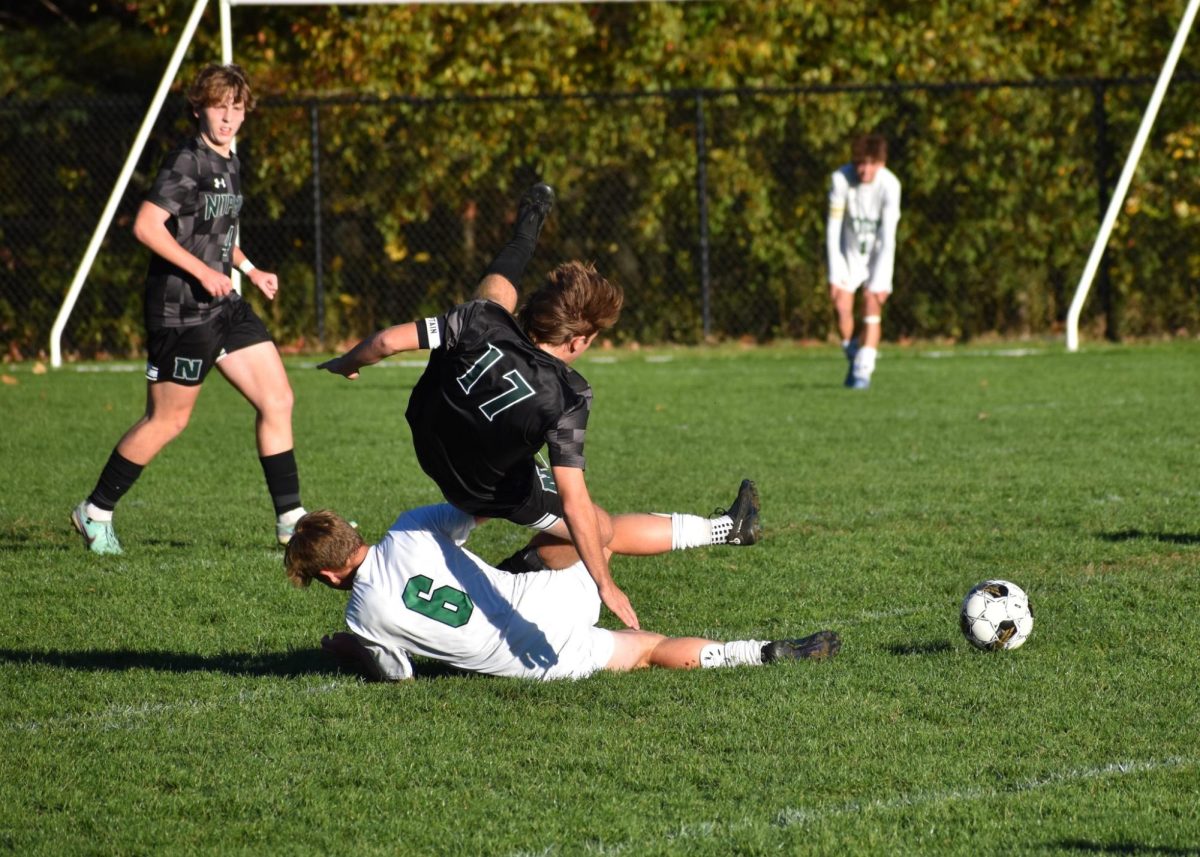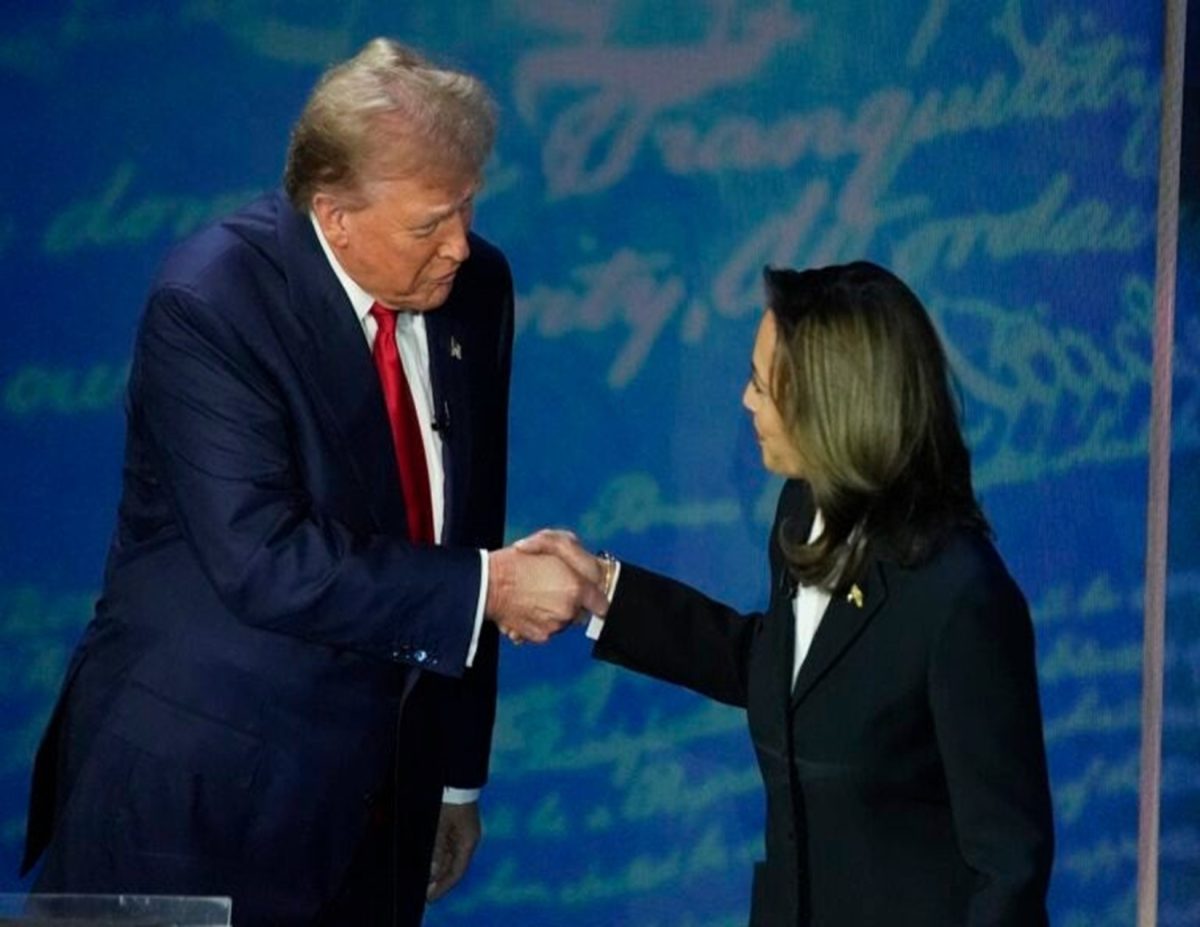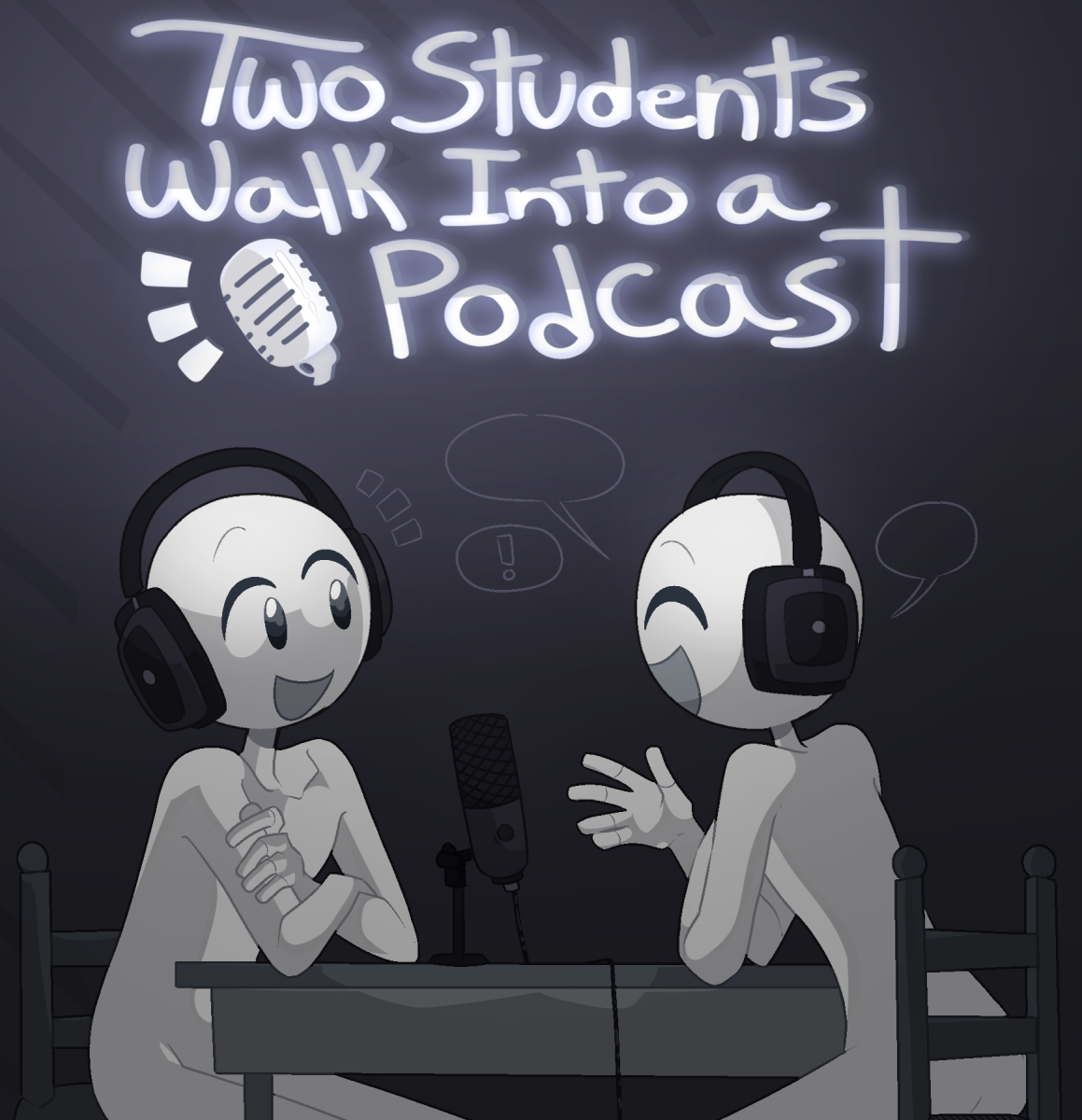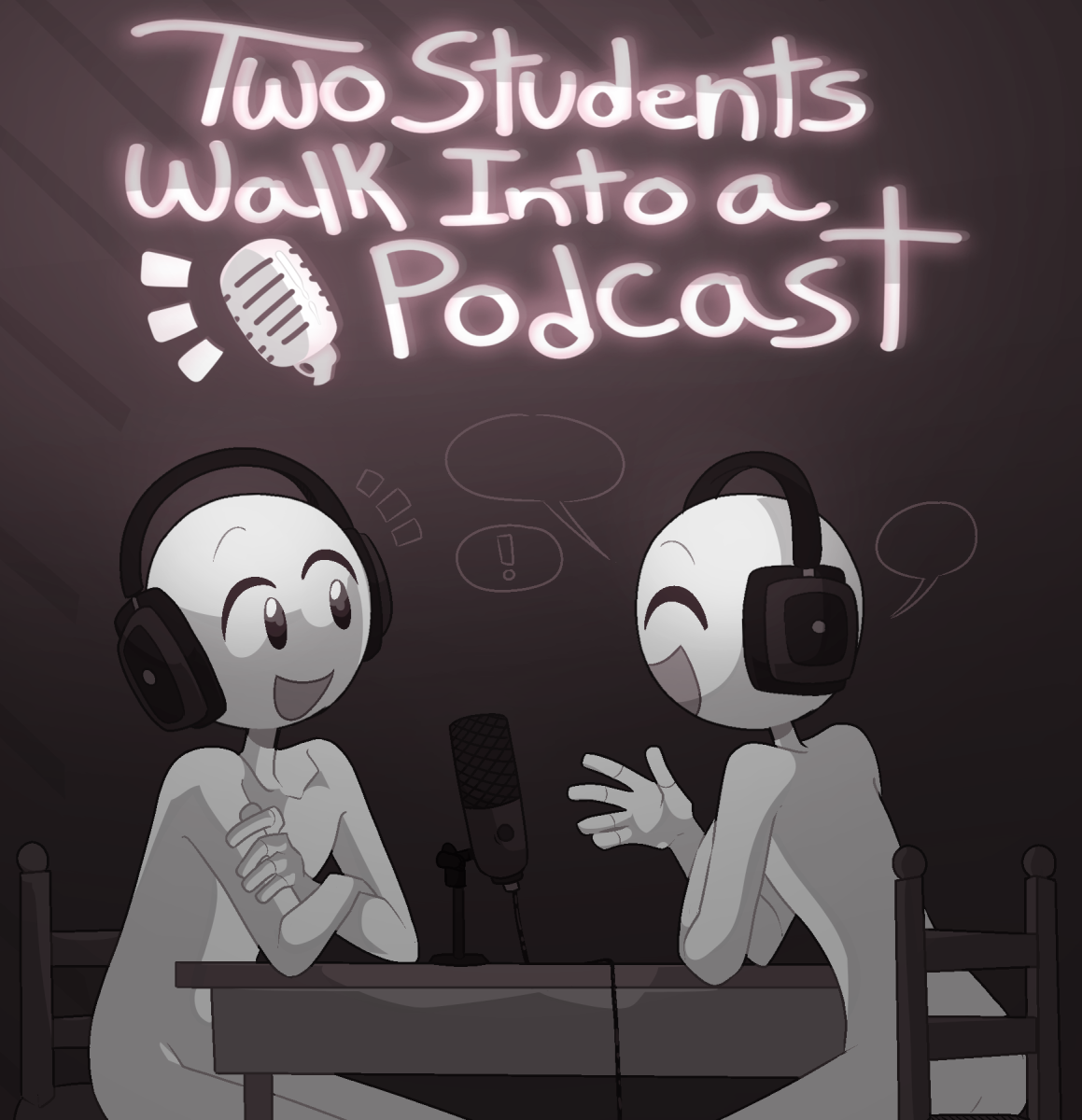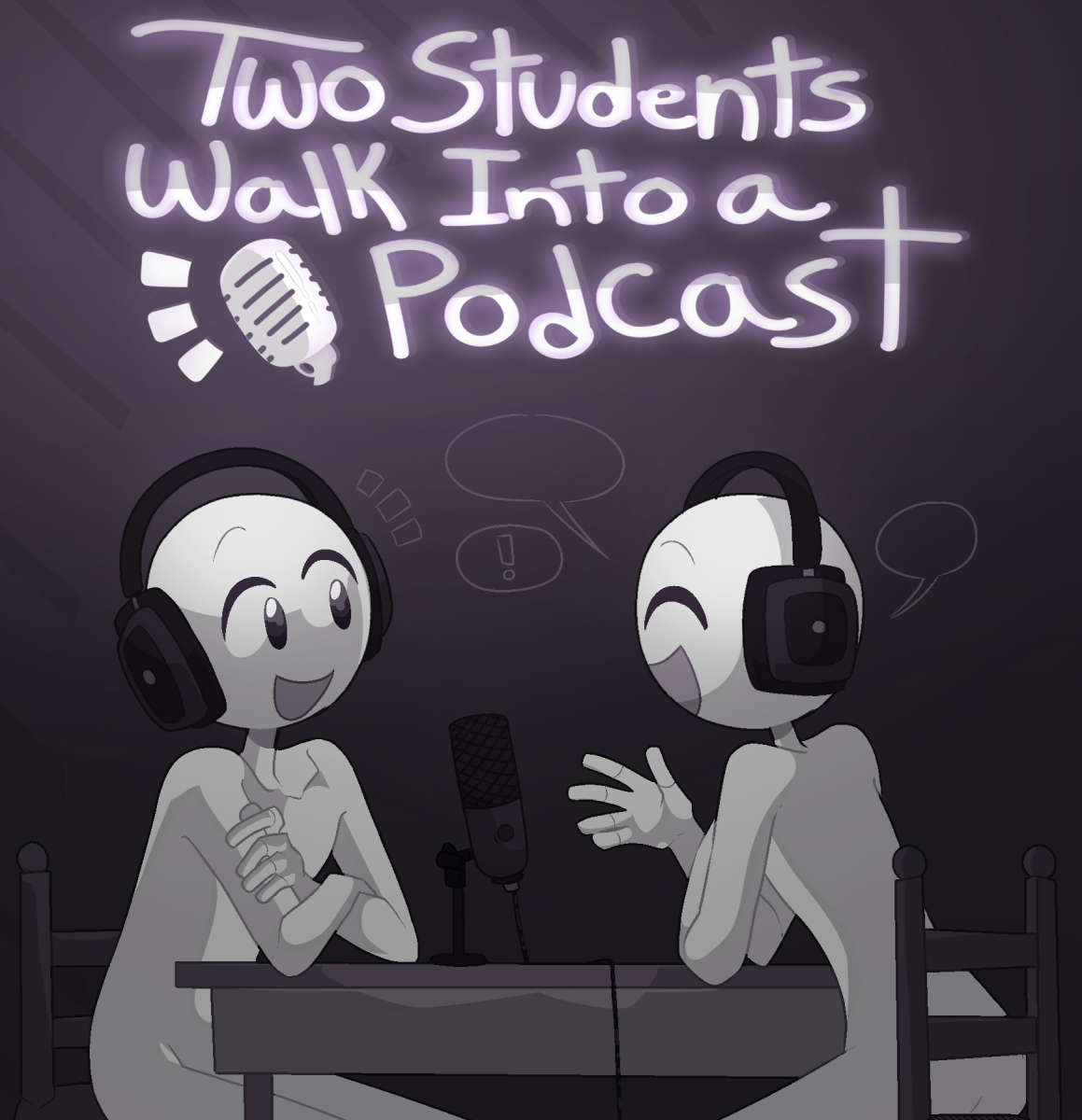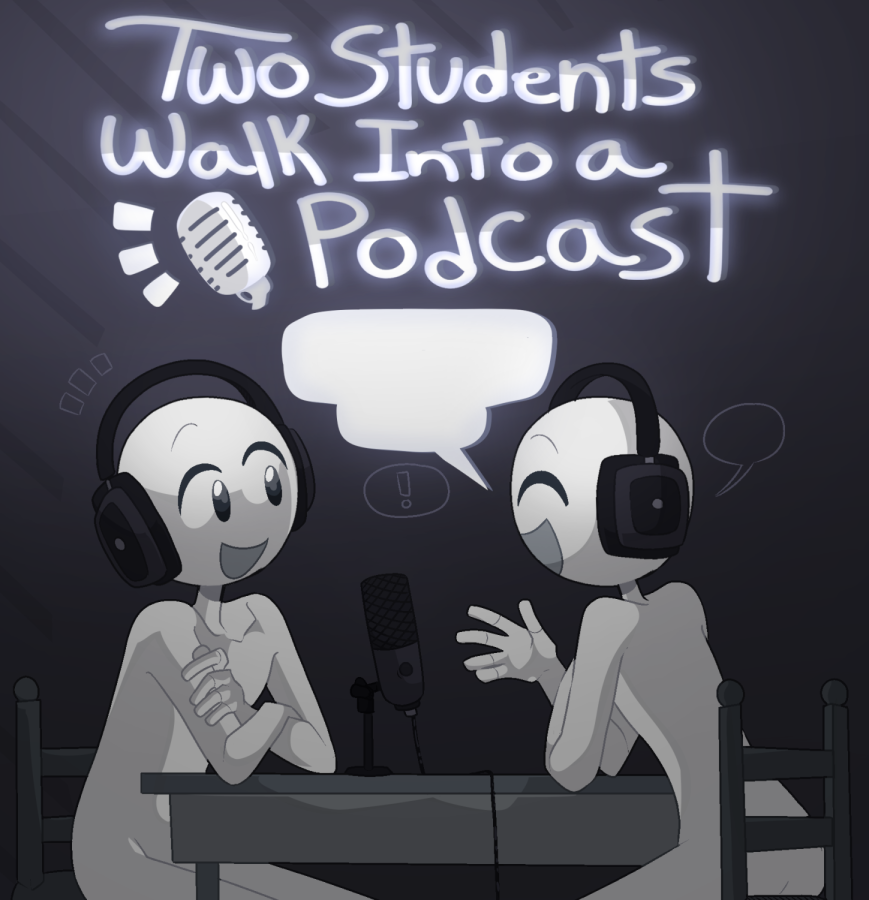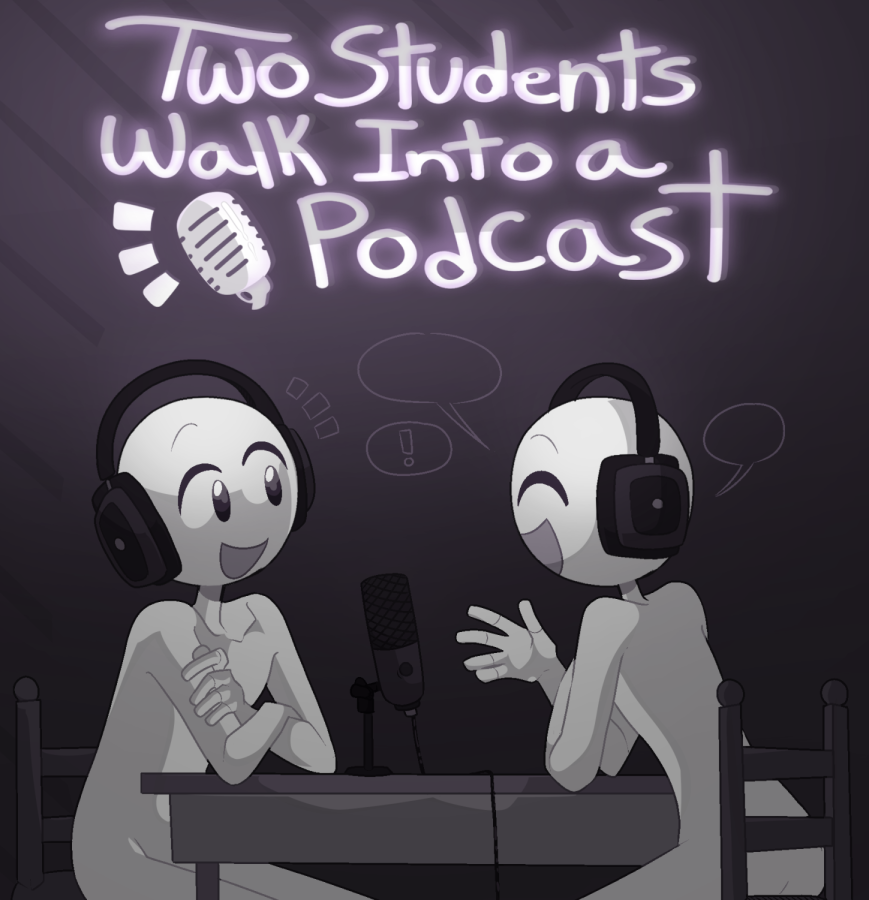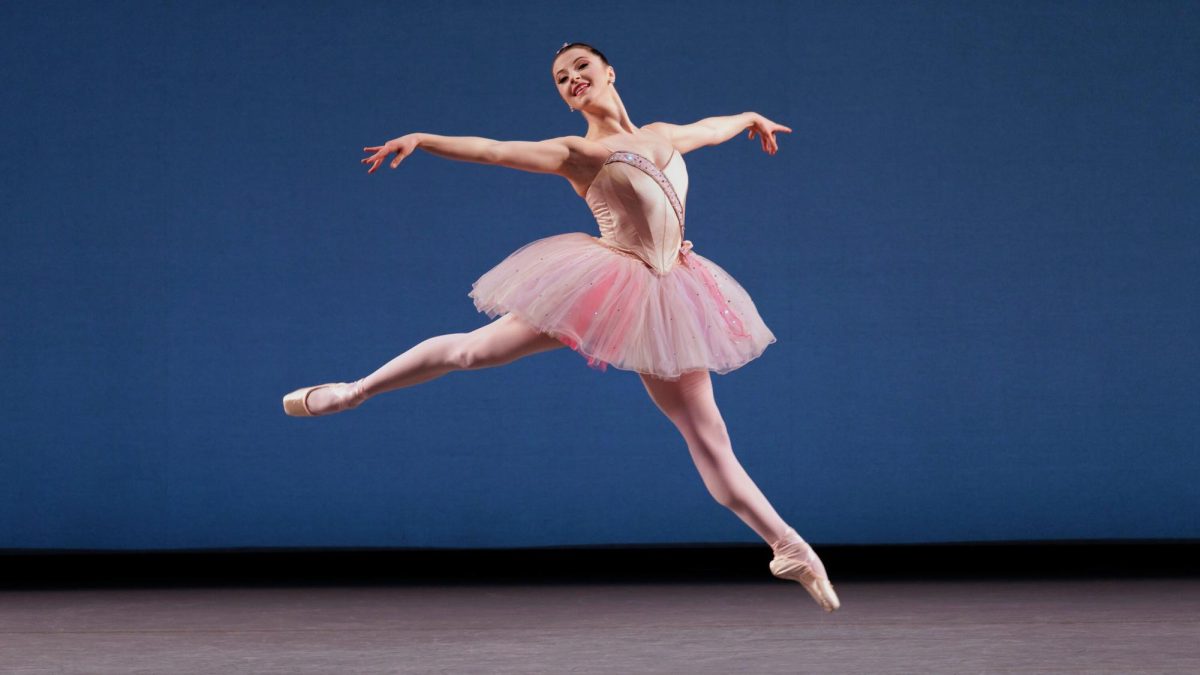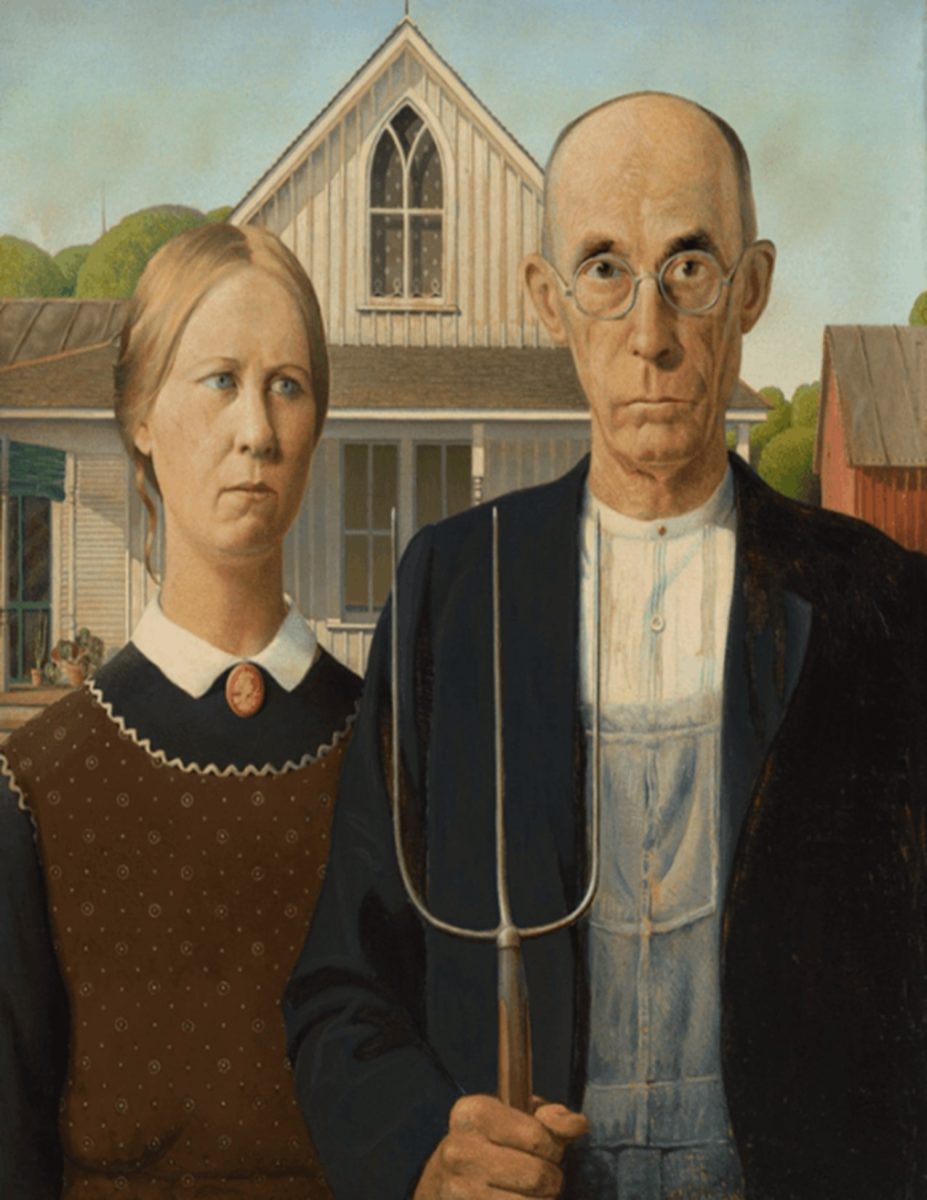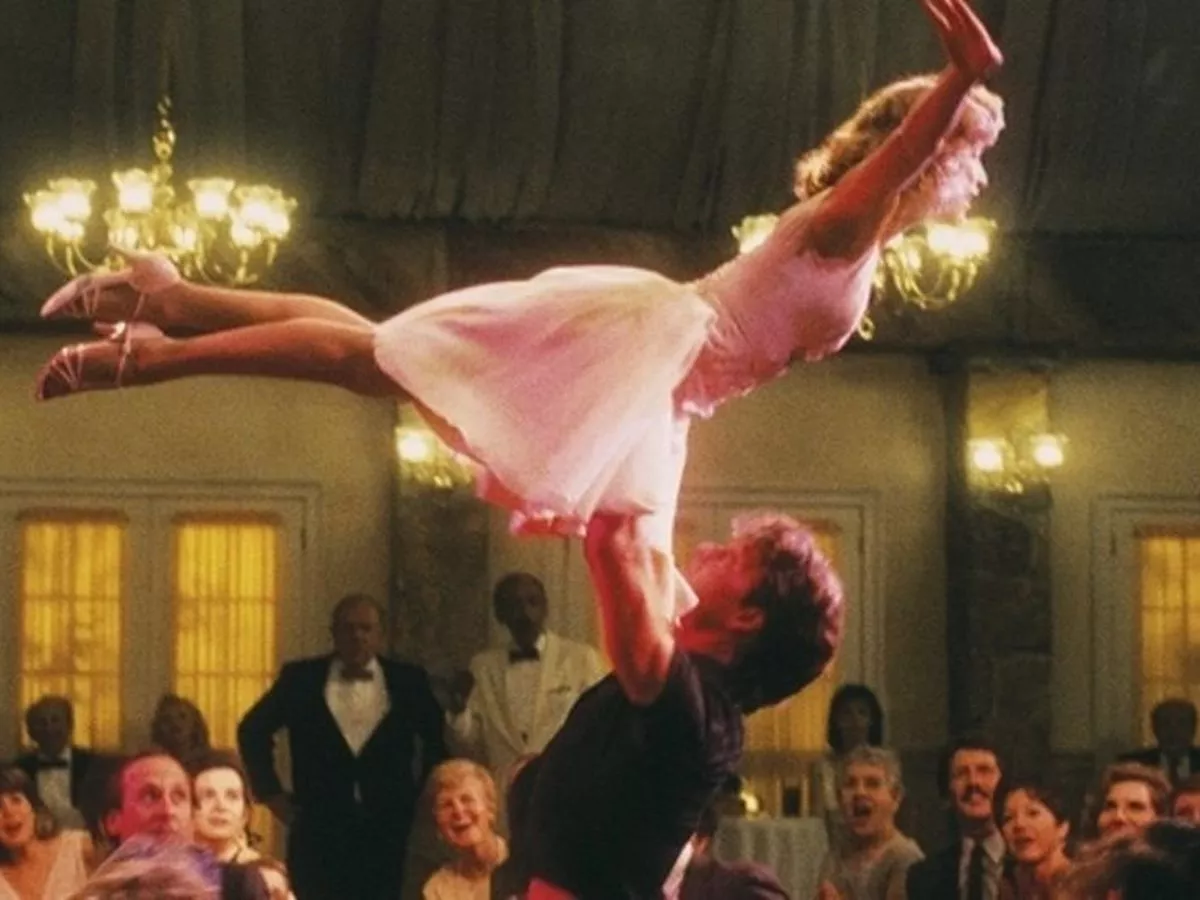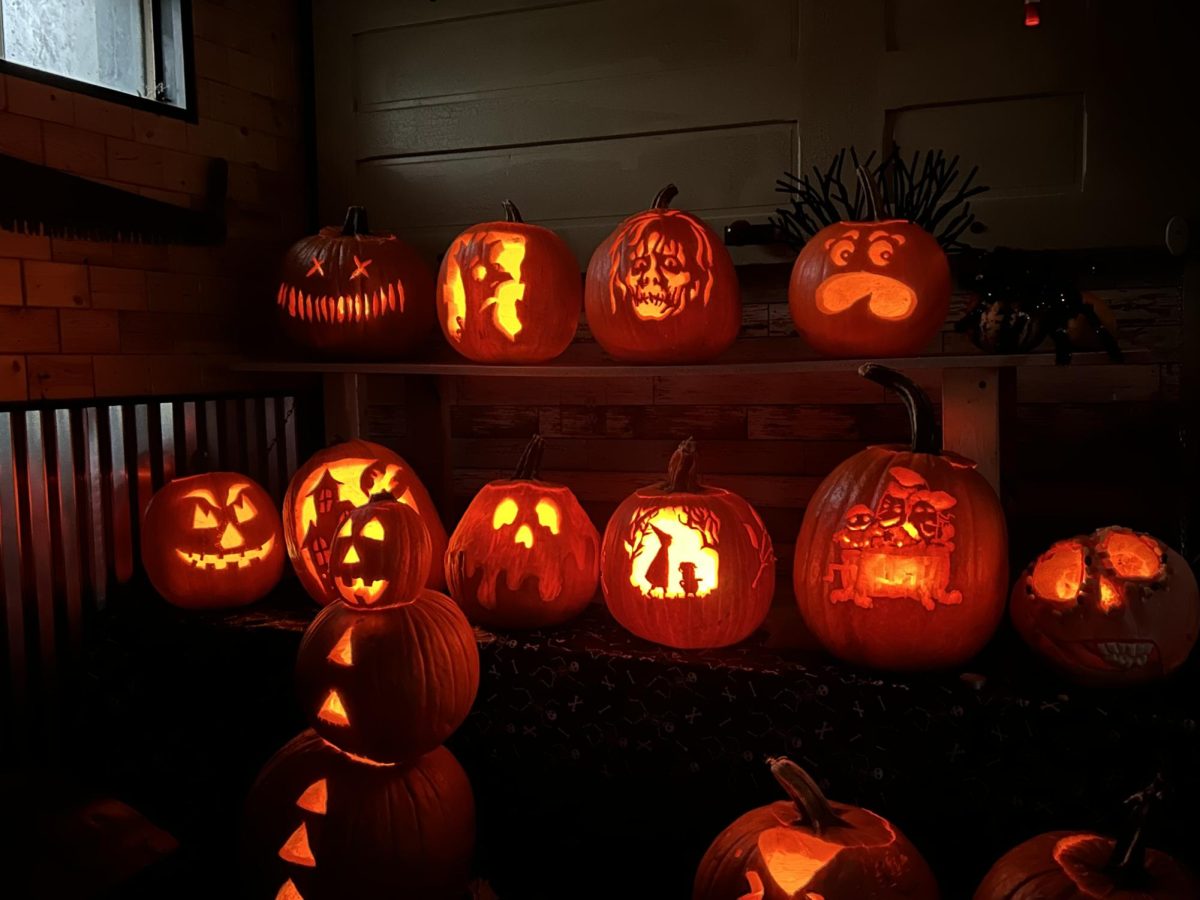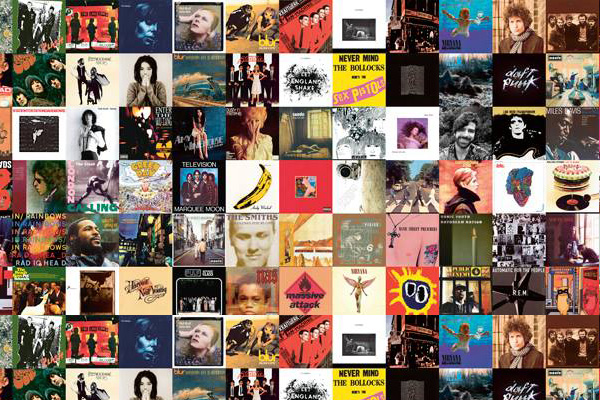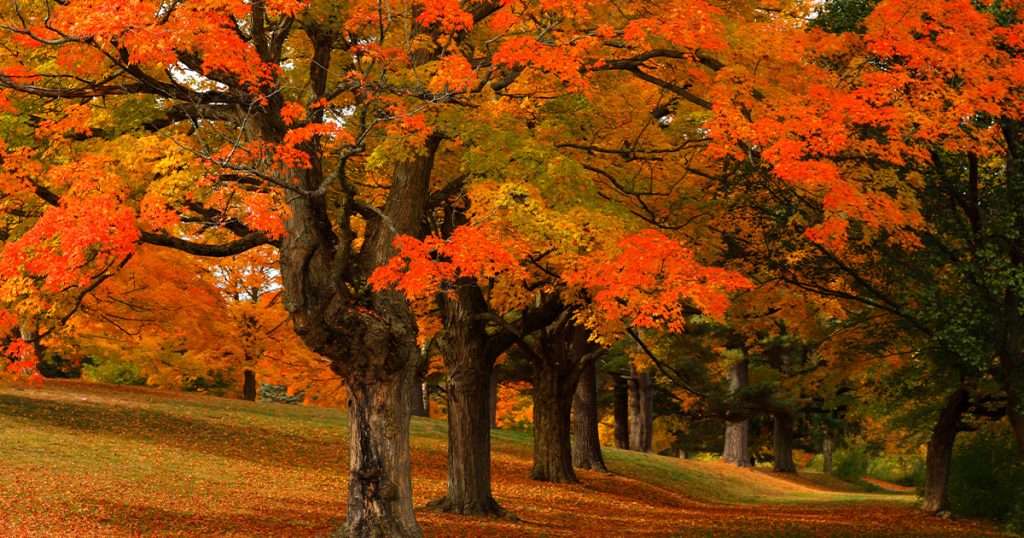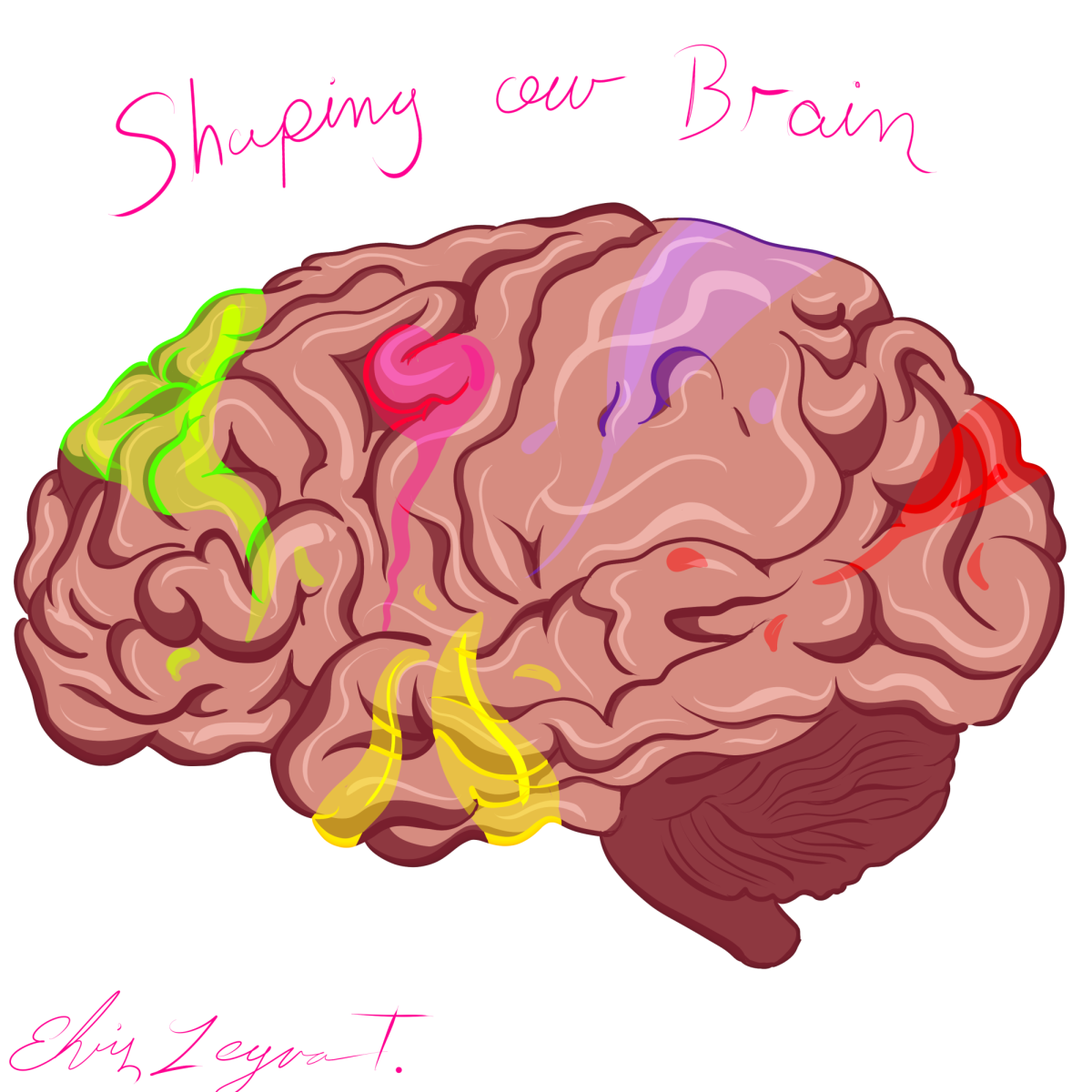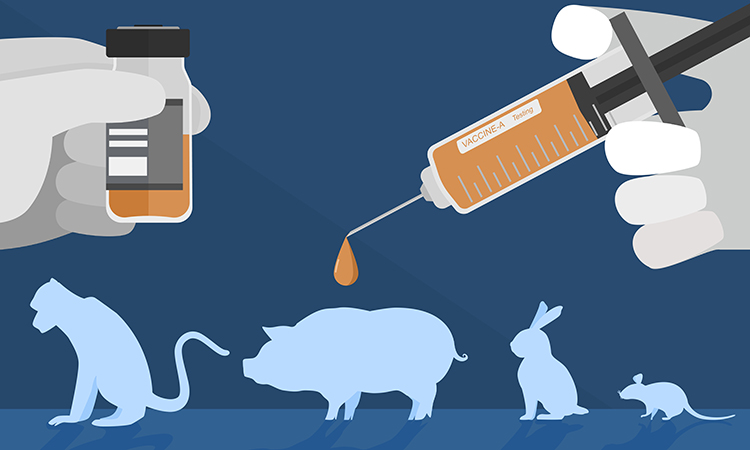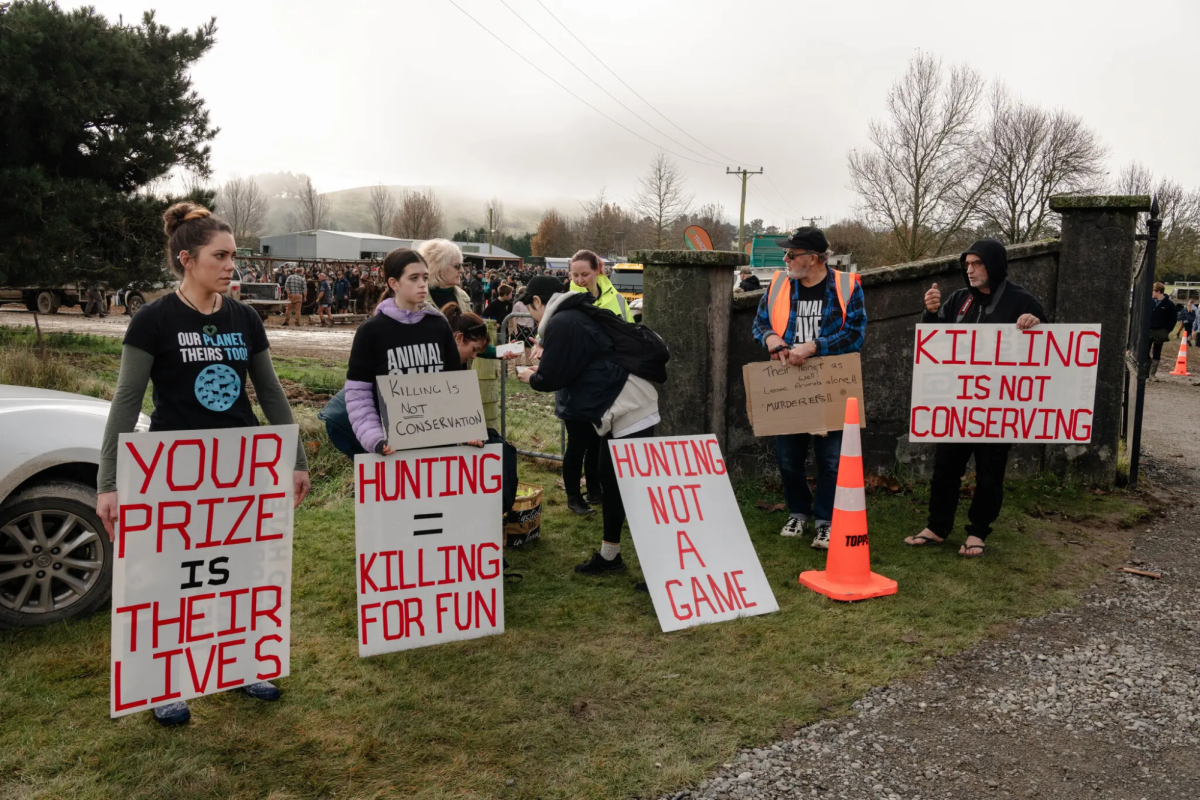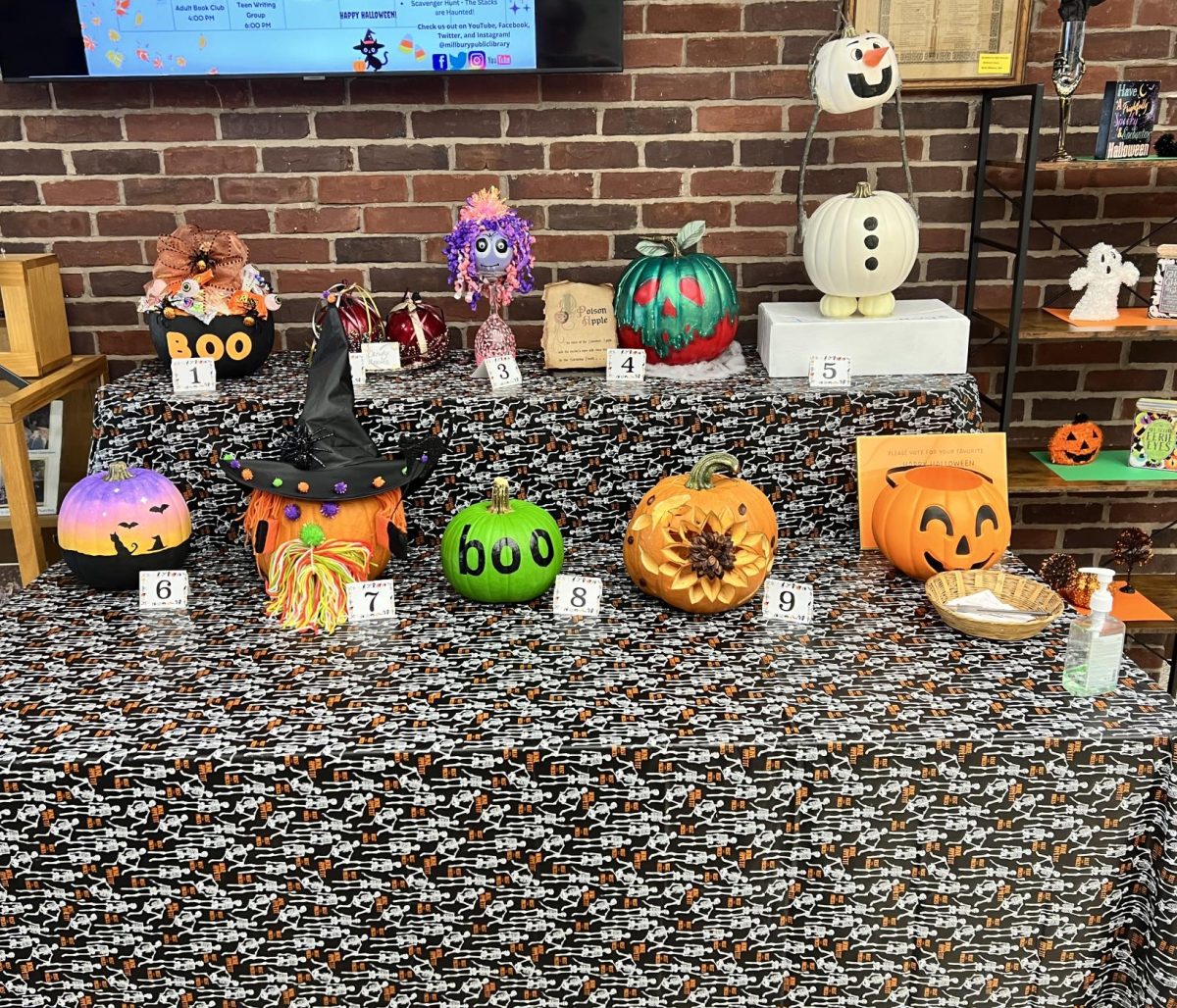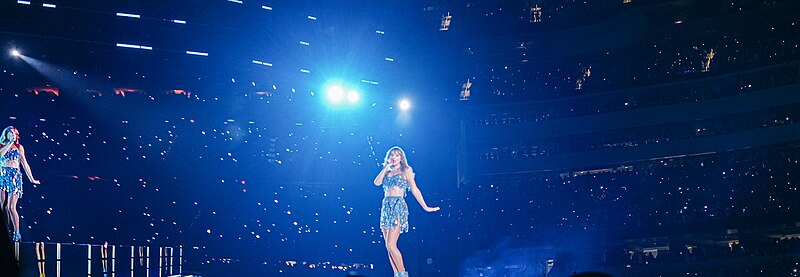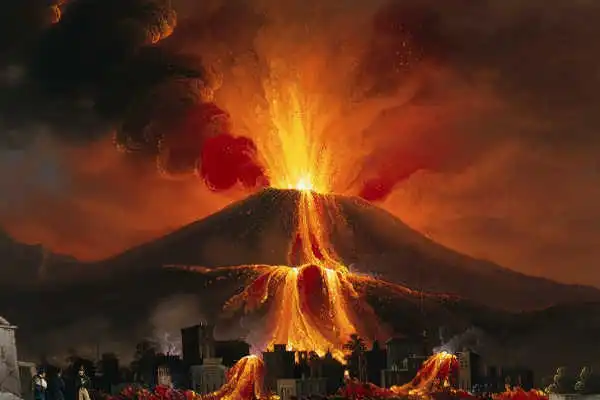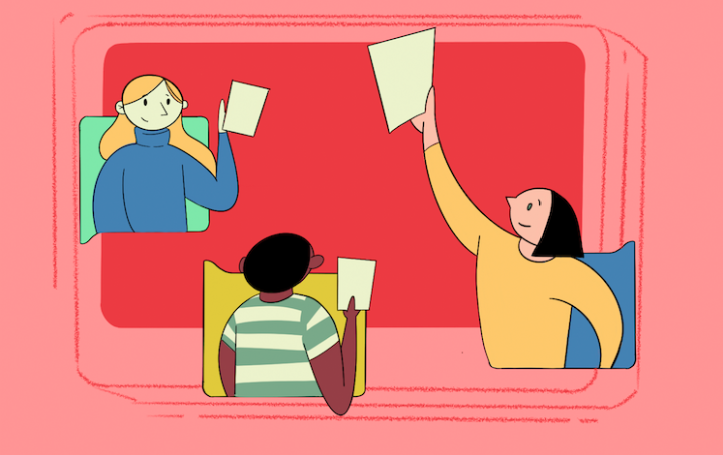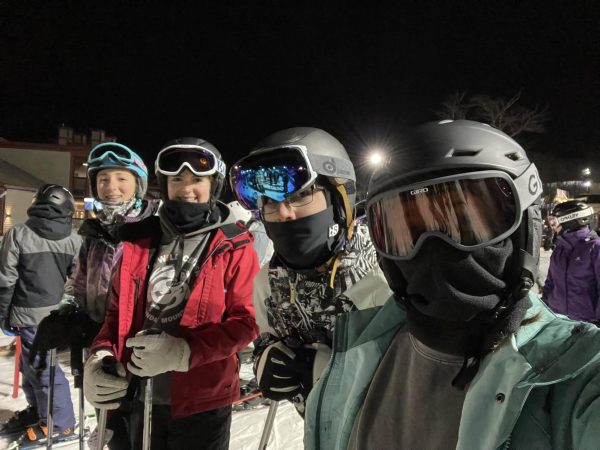Over the past 60 years, New Zealand ecologists have worked hard to combat a massive change to their country. For years, invasive species have messed with their ecosystem, making it very unbalanced. An invasive species is a non-native organism that spreads from its original introduction and causes potential harm to the environment, the economy, or to human health.
In 2016, the prime minister announced a first-of-its-kind nationwide goal: Predator-Free 2050! While great in theory, the question must be asked: does the country go too far when they try to involve the children in their eradication of invasive species?
Where Do They Come From?
An initial question how did New Zealand find themselves with an invasive species problem in the first place? The first wave of biological invasion took place in 1300 A.D. When the first Polynesians arrived they brought with them rats, dogs, and other animals. They brought these animals because they provided much needed resources. Hence, the Polynesian Rat served as a food source for the Polynesian explorers.
Then the second wave of invasion hit when Europeans arrived on the islands in the early nineteenth century. They brought with them 34 exotic mammal species (including brush-tailed possums, rabbits, cats, goats, stoats, ferrets and many European bird species). Not only animals, but hundreds of exotic plant species found themselves a home in New Zealand.
The Problem
For years, invasive species have messed with New Zealand’s ecosystem. Wild predators are competing with native plants and birds and are causing a massive problem. New Zealand historically is a land of the birds, the only native mammal being bats, but since the introduction of these invasive mammals, 43 species of birds have gone extinct.
Rats in particular have no natural predator, so their population soars into the millions. They also eat bird eggs, which significantly impacts the bird population. “Those three animal predators [rats, stoats, and possums] are basically just eating our native wildlife out from under us,” says program organizer Brent Beaven.
These invasive species are causing mass destruction of the New Zealand ecosystem by damaging or destroying critical habitats, native plants and animals, crops, property, and food supplies.
Taking Back Nature!
It is clear that the residents of New Zealand are tired of invasive species messing up their country’s ecosystem. For the past 60 years, human intervention and exterminating invasive species has helped. The first step to change happened when an islet of five acres called Maria Island was declared rat-free by ecologists in 1964.
Since then, New Zealand ecologists have cleared island after island of invasive pests. About two thirds of the country’s smaller islands are now pest-free. On the main island, 27 fenced forest fragments were also declared pest free. That makes up about 97 percent of New Zealand’s area. New Zealand is made up of 600-plus islands so the country still has a lot of work in front of them.
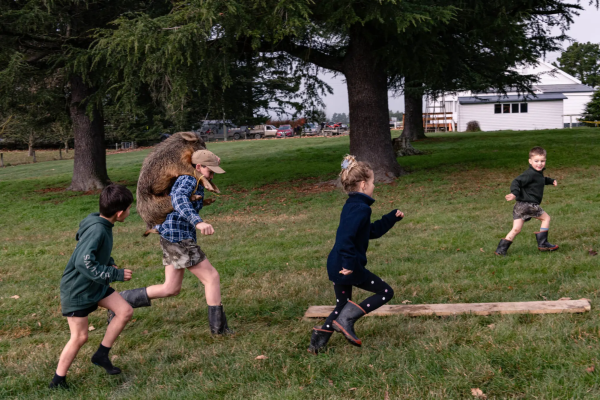
Although, nature loving people may be dismayed by aggressive tactics used to kill invasive species, if they don’t get rid of them then they are choosing to let the birds die instead.
Children Involvement
How exactly do children come into play in the New Zealand invasive species crisis? Well, a hunting contest was scheduled to happen in June where children were to compete to kill the greatest number of feral cats for a cash prize, but it was canceled after a backlash from animal rights organizations and protesters.
The event was announced on a Saturday and the winner was to receive 250 New Zealand dollars, or about $155 here in the US. But it was canceled on the following Tuesday because of challenges from many animal rights activists.
A significant concern was that children were to be given rifles to participate in the killing of cats. New Zealand’s aggressive actions show that they badly want their invasive species count to be zero by the year of 2050, but was this contest going too far?
An organizer of the contest stated that children would be accompanied by adults with firearms licenses and training. The hunters would also work with local landowners to avoid areas where domestic cats might frequent.

In addition, in New Zealand it isn’t out of the ordinary to own a gun. Many people in fact do in order to protect themselves from wild animals and to stay safe. However, this event was opened to children under the age of 14, which includes very young children. This introduces many moral complications.
James Russell, a conservation biologist at the University of Auckland says that “the issue is that it kind of touches on all these broader ethical issues: Should kids be the one killing cats? Should it be done as a charity competition event?”
One of the animal rights groups called SAFE called for the cat hunt to be scrapped. Will Appelbe, an activist from SAFE, said, “It’s bad enough that young people are being taught and encouraged to kill small animals.”
Protesters have already seen the effects. A few children held up the carcasses of dead animals in front of the protesters and started chanting “Meat! Meat! Meat!” One activist stated, “It’s so disturbing … the children’s behavior shows that they have no respect for dead animals or the lives of animals.” Too many citizens in New Zealand, hunting is part of life, not a political issue.
Many argue that feral cats are a predator species that need to be extinguished and that the event would have taught children how to responsibly manage them. They also argue that this event is a great way to get kids out of the house and off of technology.
“On one hand, there’s this argument we shouldn’t be teaching kids to kill animals — which is true — but if we don’t teach them about the impacts of feral cats and possums, we’re essentially turning a blind eye to their impact,” said Professor James Russell, the University of Auckland biologist.
“My kids have seen me kill sheep since they were babies. They’re tough country kids” said Mat Bailey, one of the competition organizers.
This is not the first time the country of New Zealand has debated such issues. For example, the town of Alexandra celebrates Easter by slaughtering their bunnies. Ironically, they call it The Great Easter Bunny Hunt. Additionally, in 2012 a school faced backlash for holding a competition in which a prize was given to the student who best dressed as a dead possum.
Although headlines with “kids” and “guns” may spark outrage and concern, a deeper exploration of the issues shows that there are more nuances that may get lost in translation. But what do you think?
